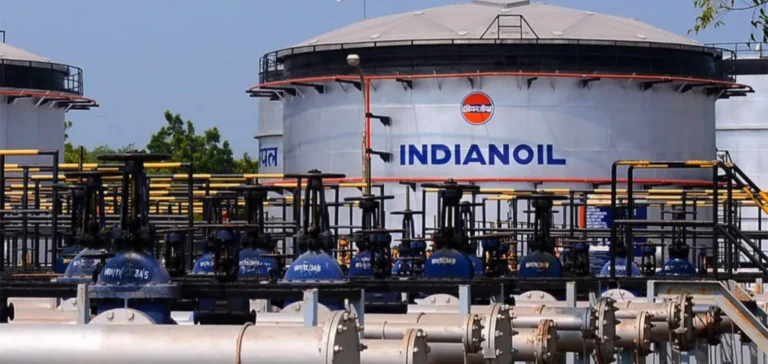Ajit Doval, National Security Adviser to Indian Prime Minister Narendra Modi, has been dispatched to Moscow at a time of heightened energy-related tensions between India, Russia and the United States. This move comes amid recent warnings from Washington of potentially higher tariffs on New Delhi due to its ongoing imports of Russian oil despite international sanctions. Several Indian sources confirmed the trip, noting that the agenda includes high-level strategic discussions.
Strategic relations under pressure
This visit coincides with the expected arrival in Moscow of US envoy Steve Witkoff for talks with Russian authorities. Indian officials described the American pressure as “unreasonable” and stated their intention to defend national interests, particularly in the energy sector. According to representatives of India’s Ministry of External Affairs, India justifies the increase in its imports of Russian oil by citing the diversion of traditional supplies to Europe following the outbreak of the conflict in Ukraine.
India’s position on diversifying its energy partners remains firm. A report from an economic consultancy indicated that the country could technically turn to other suppliers, but the political challenge would be greater. Maintaining stable relations with Russia—a long-standing partner in military and energy affairs—remains a priority for New Delhi.
Indian components and military cooperation
New information has emerged regarding the presence of Indian-made components in Russian drones used in Ukraine, highlighting the interconnected supply chains between the two countries. Data from the Stockholm International Peace Research Institute show that Russia accounted for 76% of India’s military imports between 2009 and 2013.
This share has declined over the past decade, but India’s dependence on Russia for spare parts and strategic technologies remains significant. Changes in the energy and military landscape could therefore affect both supply chains and the stability of regional geopolitical relations.






















